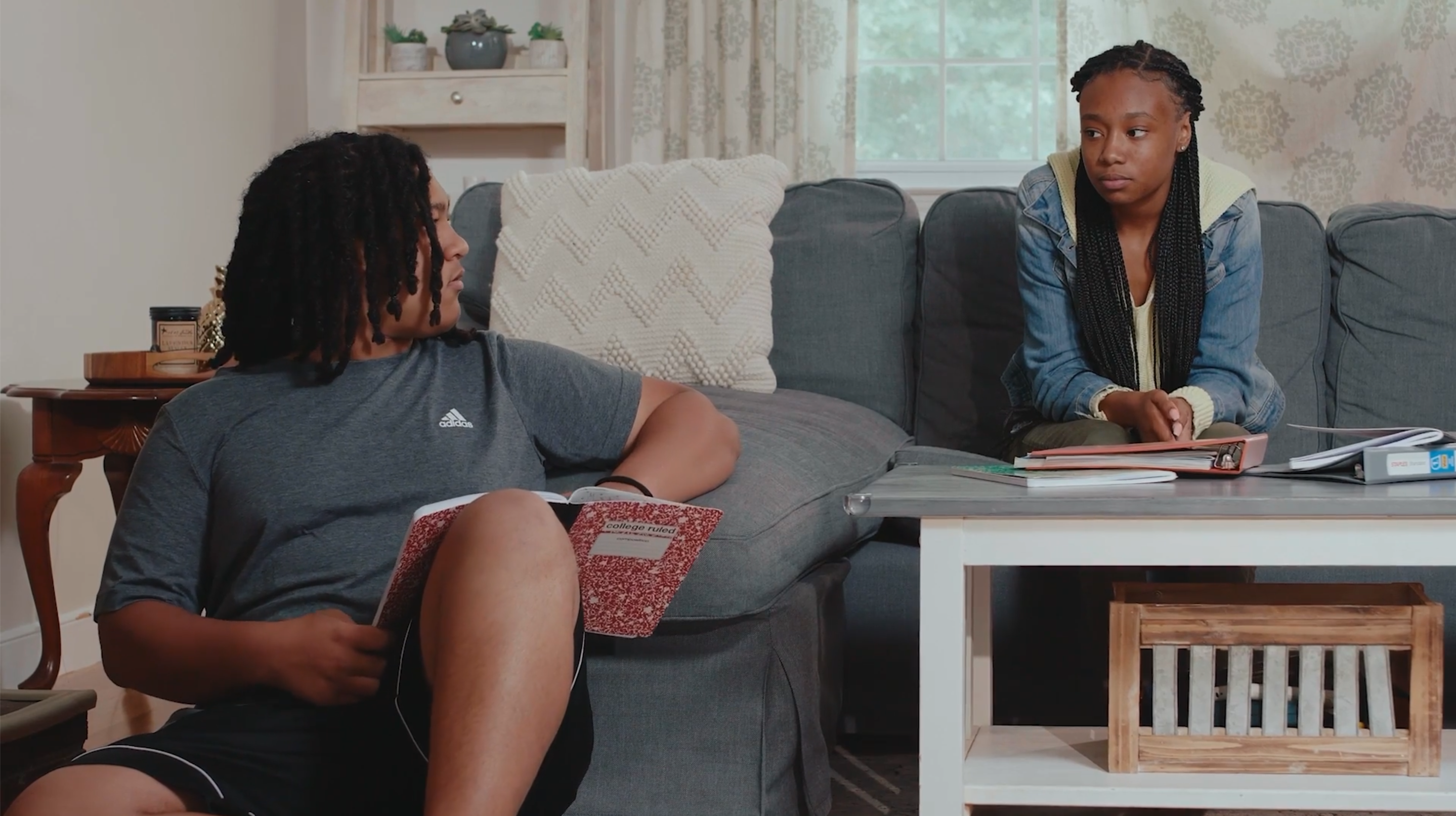Breaking up is a challenging and emotional experience for everyone involved. As educators, we have the responsibility to teach our high school students the skills needed to navigate this difficult process with respect and empathy. Incorporating principles of Social-Emotional Learning can help students develop these skills and ultimately lead to healthier relationships in the future.
Introduction
This blog post will discuss the skills necessary for high school students to end relationships respectfully. We will cover a no-prep activity to teach these skills, discussion questions to promote further understanding, related skills that students should develop, and next steps for educators to continue teaching these important life lessons.
No-Prep Activity: The Breakup Role-Play
This activity requires no preparation or materials from the educator and is designed to help students practice breaking up in a respectful manner. Divide the class into pairs. One student will play the person initiating the breakup, while the other will play the partner being broken up with. The goal of this activity is for the “breaker” to communicate their feelings clearly and respectfully, while the “breakee” should practice listening and responding with empathy. After a few minutes, have the students switch roles and repeat the exercise.
Discussion Questions
- Why is it important to be respectful when ending a relationship?
- What are some examples of “I feel” statements that can be used during a breakup?
- How can the “Sleep On It” rule be helpful in making decisions about ending a relationship?
- Why is it essential to resist saying mean things during a breakup, even if the other person says something hurtful?
- How can practicing these skills lead to healthier relationships in the future?
Related Skills
In addition to learning how to end relationships respectfully, it is crucial for students to develop other related skills that will help them maintain healthy relationships. These skills include:
- Effective communication: Students should learn how to express their thoughts and feelings clearly and assertively, without being aggressive or passive.
- Empathy: Understanding and sharing the feelings of others is essential for maintaining strong relationships. Students should practice putting themselves in others’ shoes and responding with empathy and compassion.
- Conflict resolution: Disagreements are inevitable in any relationship. Students should learn how to resolve conflicts in a respectful and constructive manner.
- Self-awareness: Understanding one’s own emotions, needs, and boundaries is crucial for maintaining healthy relationships. Students should be encouraged to reflect on their feelings and communicate their needs openly and honestly.
Next Steps
Teaching high school students the skills needed to end relationships respectfully is an essential part of their social-emotional development. To explore more resources and activities for teaching these skills and others, sign up for free sample materials at Everyday Speech. These resources can help you develop a comprehensive curriculum for teaching Social-Emotional Learning principles and fostering healthy relationships among your students.






